The Invisible Business Hand: How a Warehousing Partner Mitigates Trade War Risks
The chill isn't just in the air; it's in the executive suite. A flash across the Bloomberg terminal, a sudden news alert: another tariff. On critical components. The kind that your company, an innovator in its field, relies on heavily. Suddenly, the meticulously planned production schedules become a house of cards. The efficiency gained through years of optimization feels utterly vulnerable. This isn't just about the numbers; it's about the palpable tension felt across departments, the unspoken fear of the next political ripple becoming a tidal wave.
Many business leaders find themselves in this exact scenario. They’ve weathered recessions, navigated market shifts, and outmaneuvered aggressive competitors. But trade wars are different. They are unpredictable, politically charged storms that can erupt overnight, changing the very landscape of global commerce. They introduce an insidious uncertainty that makes long-term planning feel like a fool’s errand. How do you plan for the unplannable? How do you build a resilient business when the ground beneath your supply chain feels like quicksand?
This isn't a problem that can be solved with a new piece of software or a more aggressive sales strategy. This is fundamental. It's about the physical flow of goods, the intricate web of suppliers and distributors, and the ever-present threat of that web being severed by an arbitrary stroke of a pen. Businesses, large and small, are grappling with the same chilling reality: the global supply chain, once a testament to interconnectedness and efficiency, is now a potential vulnerability, a conduit for risk. The promise of "just-in-time" inventory, once a beacon of lean operations, now feels like an invitation to disaster when facing sudden, exorbitant costs or outright blockades.
Companies built on agility and innovation find that agility in product development doesn't automatically translate to resilience in a disrupted supply chain. While leaders pride themselves on understanding every facet of their business, this new geopolitical volatility feels outside their sphere of influence, a force too vast to control. The question that gnaws at them is: how can a company protect its operations, its employees, and its vision from an invisible enemy that strikes without warning?
The answer, many are beginning to realize, doesn't lie in trying to predict the unpredictable, but in building a supply chain so robust and adaptive that it can withstand the shocks. It lies in finding an "invisible hand" within operations, a silent partner working tirelessly behind the scenes to absorb the blows and redirect the flow, ensuring continuity even when the world outside is in chaos.
The Unseen Business Battleground: Where Trade Wars Are Truly Fought
For many business leaders, the concept of a "trade war" conjures images of economic policy debates and diplomatic posturing. But the real battles, the ones that impact revenue, production, and jobs, are fought in the warehouses, on the shipping docks, and across the vast logistical networks that underpin global trade. Here, the abstract concept of a tariff becomes a tangible, painful line item. A political dispute transforms into a container stranded at a port, or a vital component suddenly unavailable.
The traditional approach to supply chain management, often focused on cost optimization and speed, is proving woefully inadequate in this new era. The leanest supply chains, while efficient in stable times, are the most fragile when confronted with sudden, external shocks. Every link in the chain becomes a potential point of failure.
The Immediate Impact: Tariffs and Logistical Nightmares
Consider the immediate impact of an unexpected tariff hike. Overnight, the cost of goods can skyrocket, eroding margins and making products uncompetitive. This isn't a problem that can be solved by simply absorbing the cost; it demands a fundamental re-evaluation of sourcing strategies. But what if your primary supplier is in the newly tariffed region? The scramble to find alternatives is costly, time-consuming, and often compromises quality or reliability.
Then there are the logistical bottlenecks. Trade disputes can lead to increased customs scrutiny, longer transit times, and even outright bans on certain goods. A well-oiled shipping route can suddenly become a quagmire of paperwork and delays, bringing production lines to a grinding halt. Imagine the panic when a critical shipment is held up indefinitely, while customer orders pile up and competitors gain ground.
The real challenge isn't just reacting to these events, but anticipating them, or at the very least, building in the resilience to pivot quickly when they occur. This requires more than just foresight; it demands a strategic partner with the infrastructure, expertise, and agility to navigate the unforeseen.

Beyond Storage: The Strategic Value of a Warehousing Partnership
This is where the true power of a strategic warehousing partnership emerges. It's far more than just a place to store goods. In the context of trade war risk mitigation, a warehousing partner becomes an extension of your strategic planning, an invisible hand guiding your supply chain through treacherous waters.
Proactive Intelligence and Geographical Diversification
Imagine a partner who actively monitors geopolitical shifts, trade negotiations, and emerging tariff threats. They aren't just reacting to news; they're analyzing it, translating abstract policy into concrete implications for your inventory. This proactive intelligence allows for vital lead time, enabling informed decisions before the storm hits.
Consider the ability to diversify inventory geographically. If a trade war erupts with Country A, having a warehousing partner with facilities in Country B and C allows for strategically pre-positioned inventory, or quickly pivoting sourcing to less-impacted regions. This isn't just about having multiple storage locations; it’s about having an integrated network that can act as a buffer against disruption. It’s about creating redundancy, not as an inefficiency, but as a strategic asset.
Flexibility and Expert Guidance
One of the most potent tools a warehousing partner offers is flexibility. In times of trade uncertainty, demand can become highly volatile. A skilled partner provides scalable storage solutions, allowing adaptation to fluctuating inventory needs without incurring excessive costs. This means strategically increasing safety stock of critical components when a tariff threat looms, or conversely, reducing inventory exposure if demand drops due to trade-related economic slowdowns. This adaptability is the antithesis of the rigid, "just-in-time" model that falters under pressure.
Furthermore, a trusted warehousing partner offers invaluable expertise in navigating the complex world of customs, compliance, and international logistics. They are well-versed in the ever-changing regulations that accompany trade disputes, ensuring goods move smoothly across borders, even when new hurdles are erected. They can advise on optimal routing, re-packaging requirements, and documentation nuances, transforming potential roadblocks into manageable detours. This expert guidance translates directly into reduced delays, avoided penalties, and sustained operational flow.
Enhanced Supply Chain Security
Perhaps most critically, a warehousing partner becomes a key player in your supply chain security. In an era where intellectual property and sensitive goods are increasingly vulnerable, a reputable provider offers robust security measures, from physical protection to advanced inventory management systems that track every item. This is especially vital when dealing with high-value goods or components that could be targeted in a trade dispute. Knowing your inventory is safe, tracked, and accessible, even amidst global chaos, provides invaluable peace of mind.
The realization sets in: a company’s current warehousing solution might merely be a cost center. What is truly needed is a strategic ally, a partner who can transform static inventory into a dynamic resource, capable of adapting to an unpredictable world. An extension of strategic thinking, someone with their finger on the pulse of global trade, ready to offer solutions before the problem is even fully articulated.
The Path Forward: Partnering for Resilience and Growth
The shift from viewing warehousing as a transactional service to a strategic partnership isn't just about risk mitigation; it's about enabling growth. When a supply chain is de-risked, capital is freed up, operational anxieties are reduced, and leadership teams can focus on what they do best: innovation, market expansion, and customer satisfaction.
Imagine a world where the next tariff announcement doesn't trigger a company-wide panic, but rather a coordinated, pre-planned response with a trusted warehousing partner. Imagine having access to real-time data and actionable insights that allow for nimble adjustments to sourcing and distribution strategies. This isn't a fantasy; it's the reality that a robust warehousing partnership can deliver.
Such a partnership empowers businesses to:
Key Advantages of a Strategic Warehousing Partnership
- Proactively Identify Risks: Leverage your partner’s intelligence to anticipate potential disruptions before they impact operations.
- Diversify and Decentralize: Build a distributed inventory network that reduces reliance on any single region or supplier.
- Optimize Inventory Costs: Adapt storage levels and locations to mitigate the financial impact of tariffs and fluctuating demand.
- Ensure Compliance and Expedite Flow: Navigate complex customs regulations with expert guidance, minimizing delays and penalties.
- Enhance Supply Chain Security: Protect valuable inventory with advanced security measures and transparent tracking.
The current geopolitical climate has irrevocably changed the rules of global commerce. Businesses that continue to operate with fragile, reactive supply chains will struggle to compete, constantly battling the fallout from external shocks. The resilient businesses, the ones that will not only survive but thrive, will be those that embrace strategic partnerships and build robust, adaptive supply chains.
The path forward is clear. Waiting for the next trade war headline is no longer an option. A company’s future depends on a proactive, strategic approach to supply chain resilience. An "invisible hand" is needed, working in concert with internal teams, safeguarding operations, and allowing focus on the innovations that truly move the business forward.
The time to act is now. Don't let trade war uncertainties dictate your future. Partner with Razr Logistics to safeguard your supply chain, transform risk into resilience, and ensure your business continues to thrive, no matter what the global landscape brings.

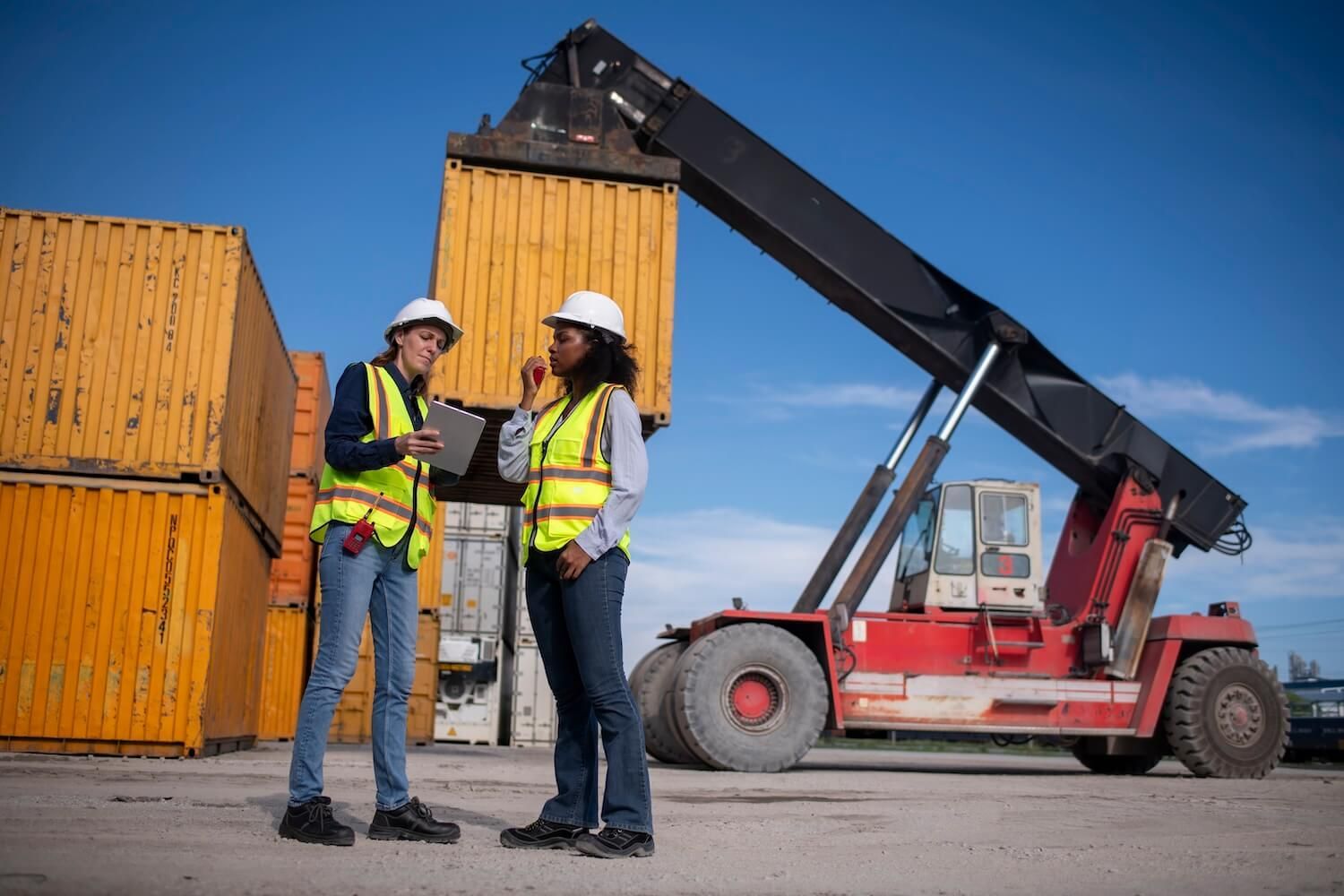
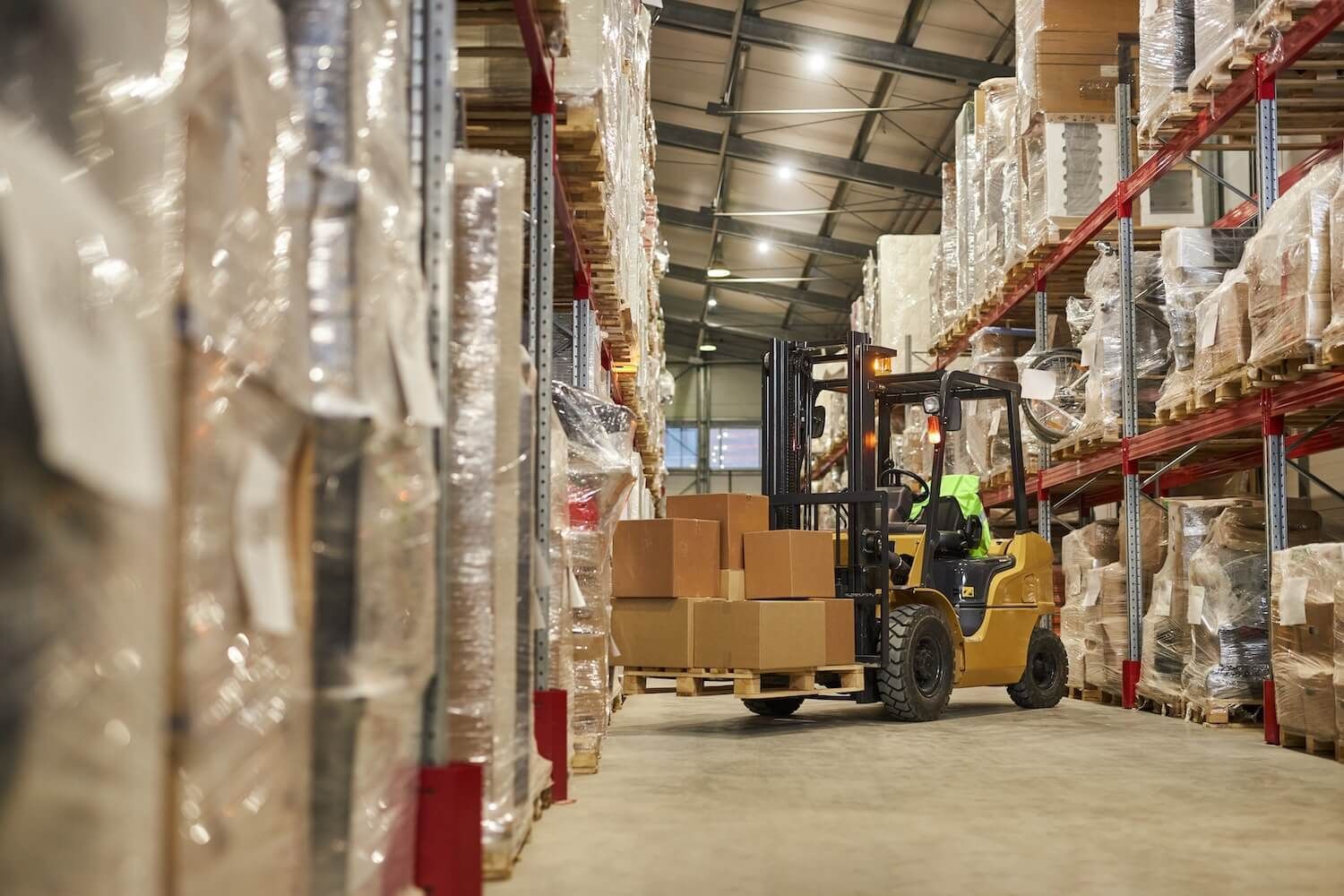

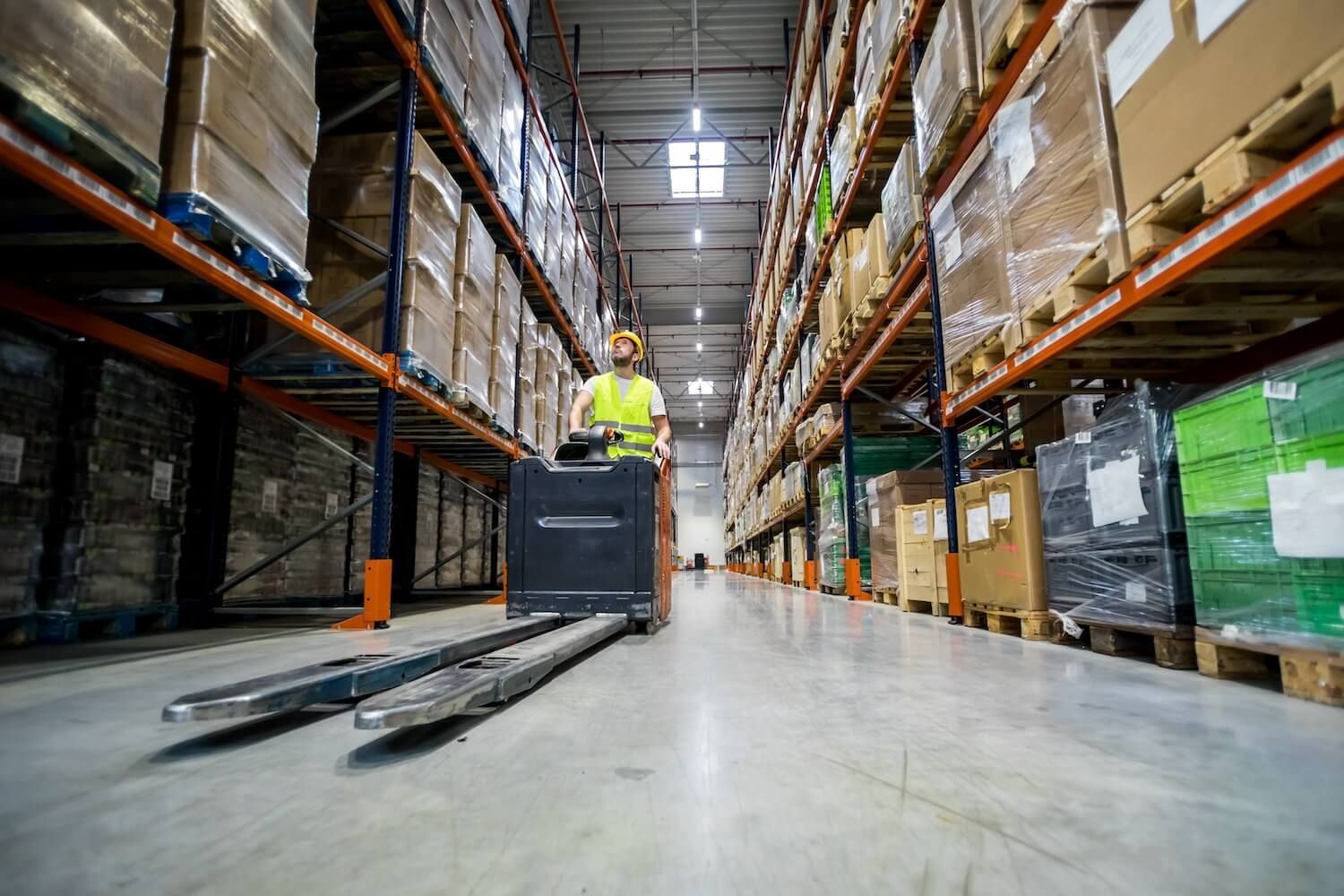

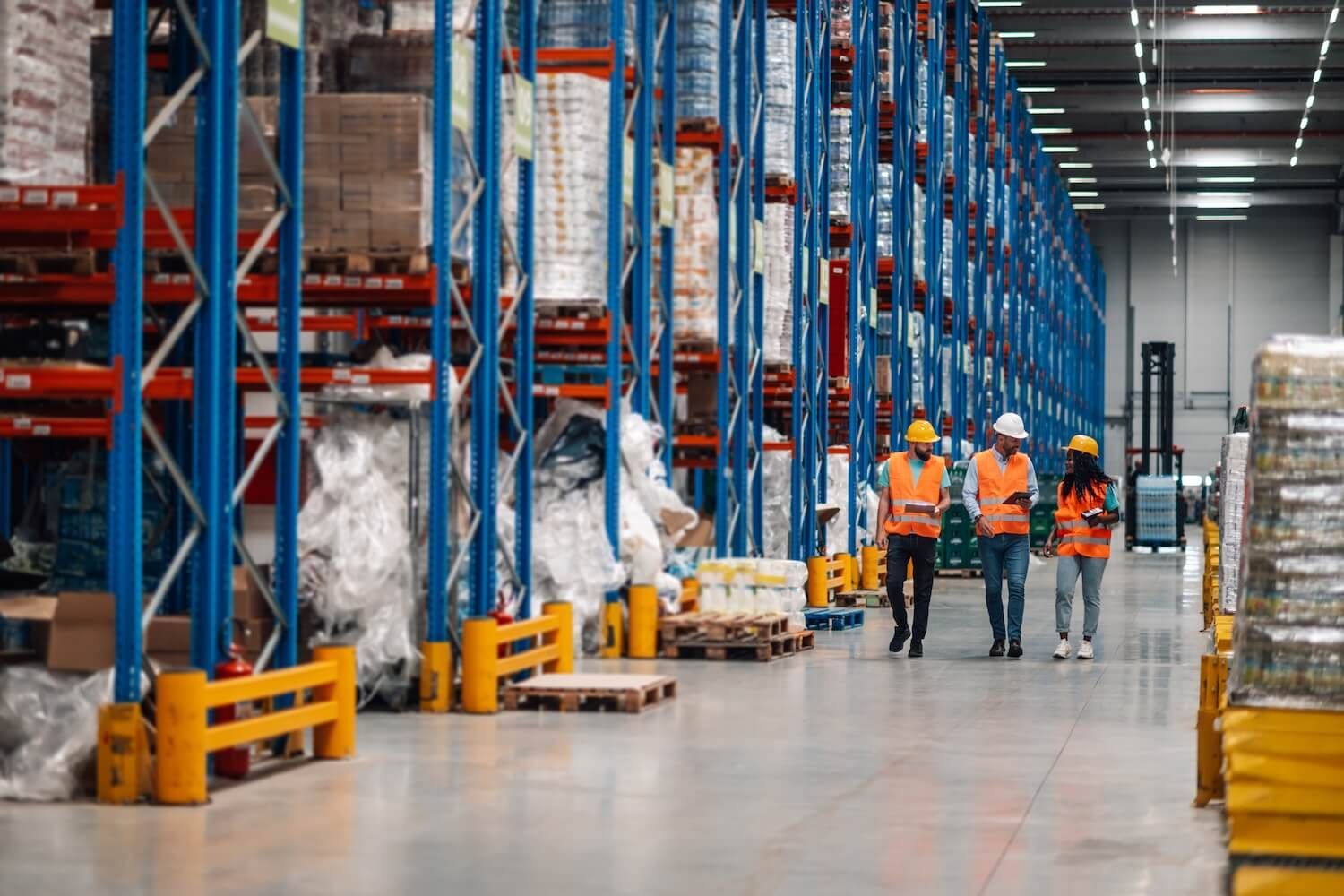
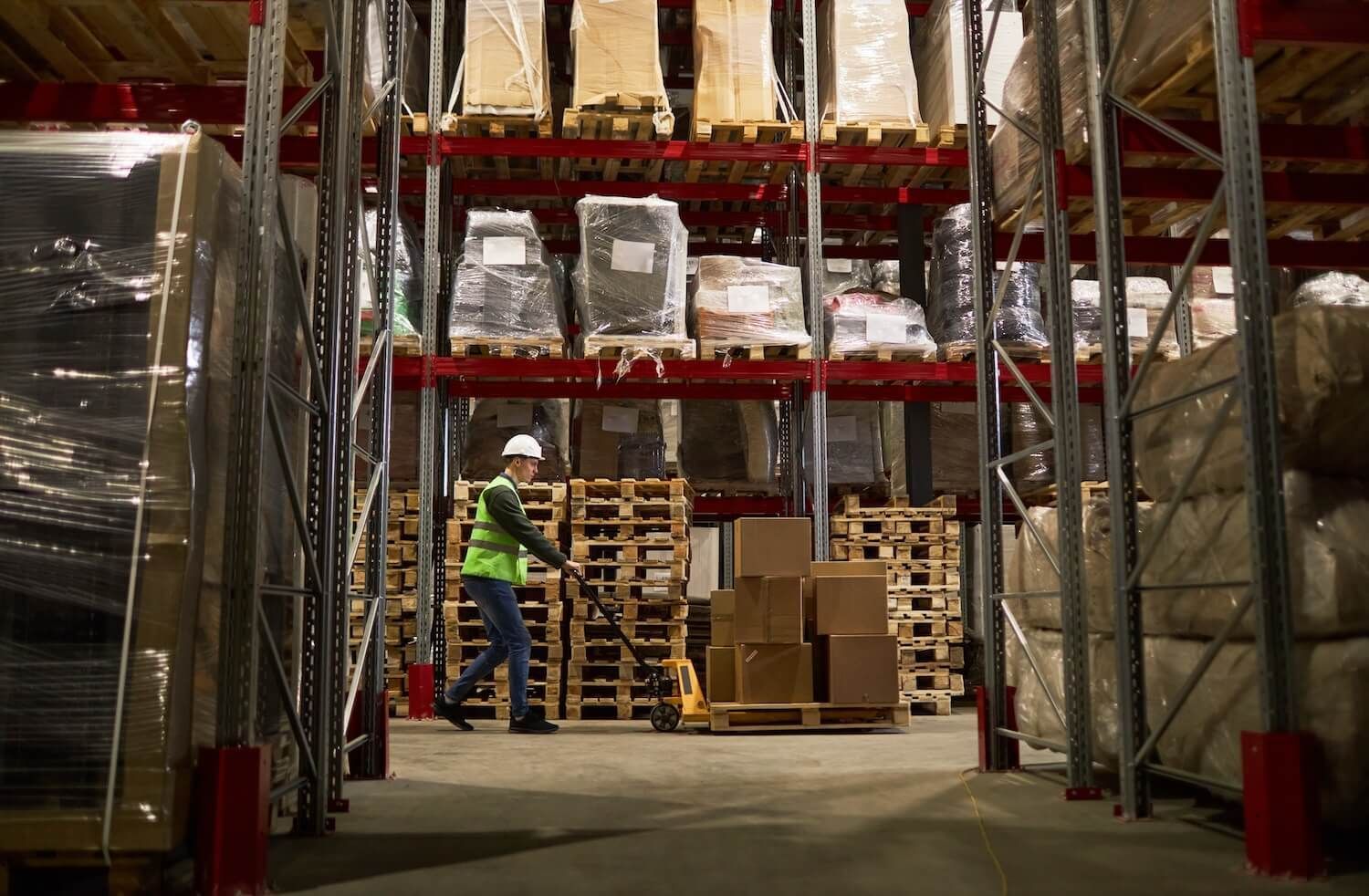

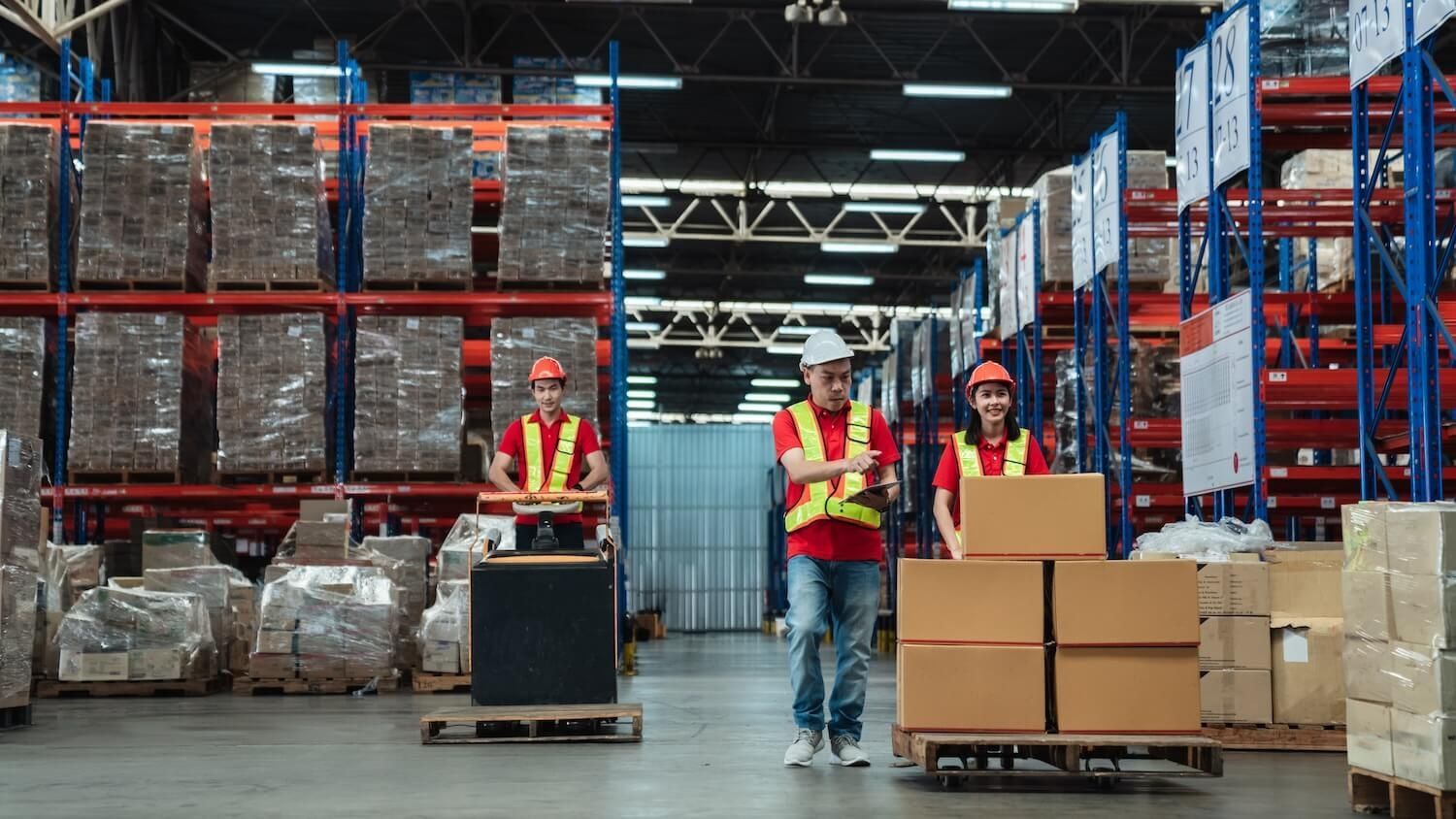
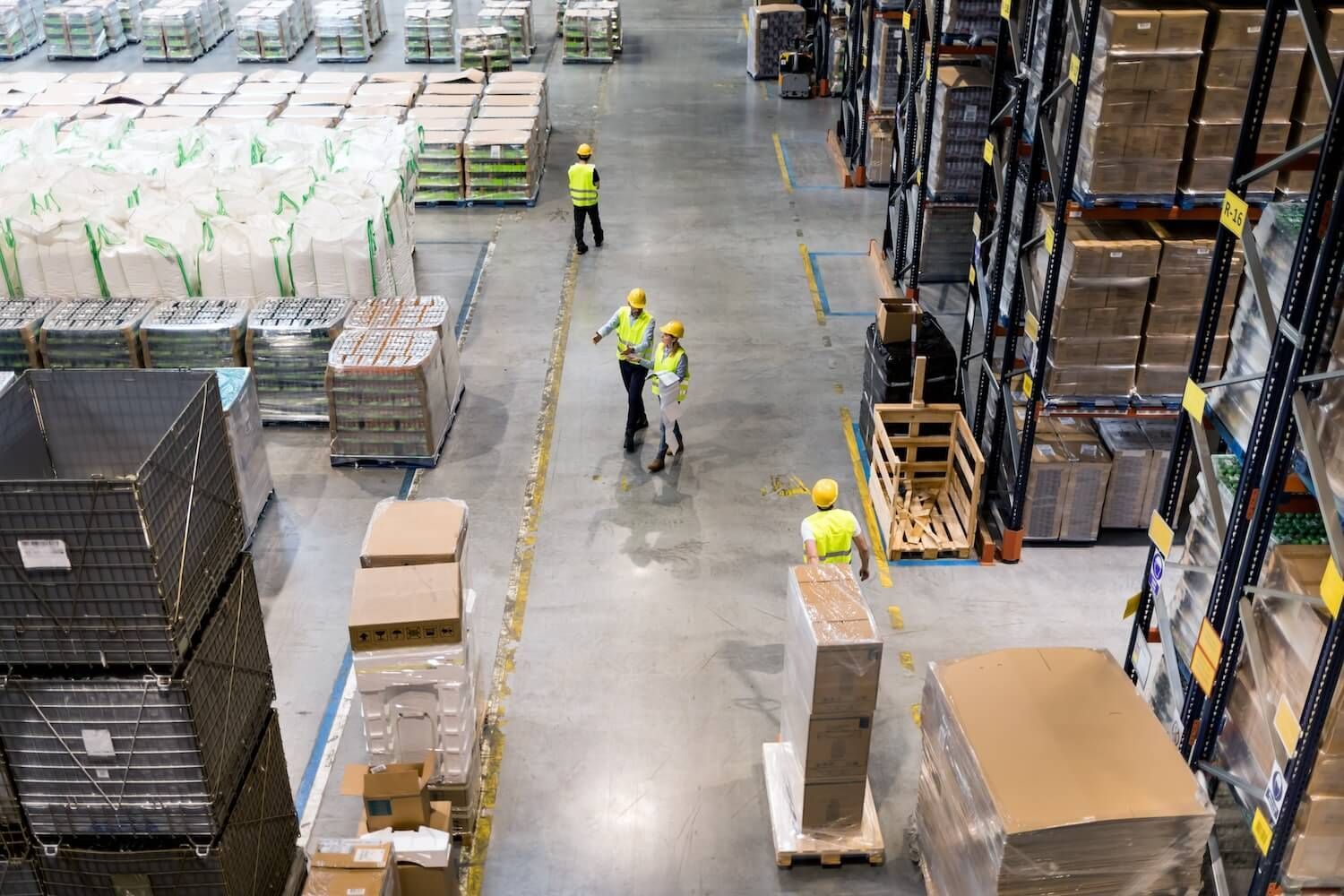
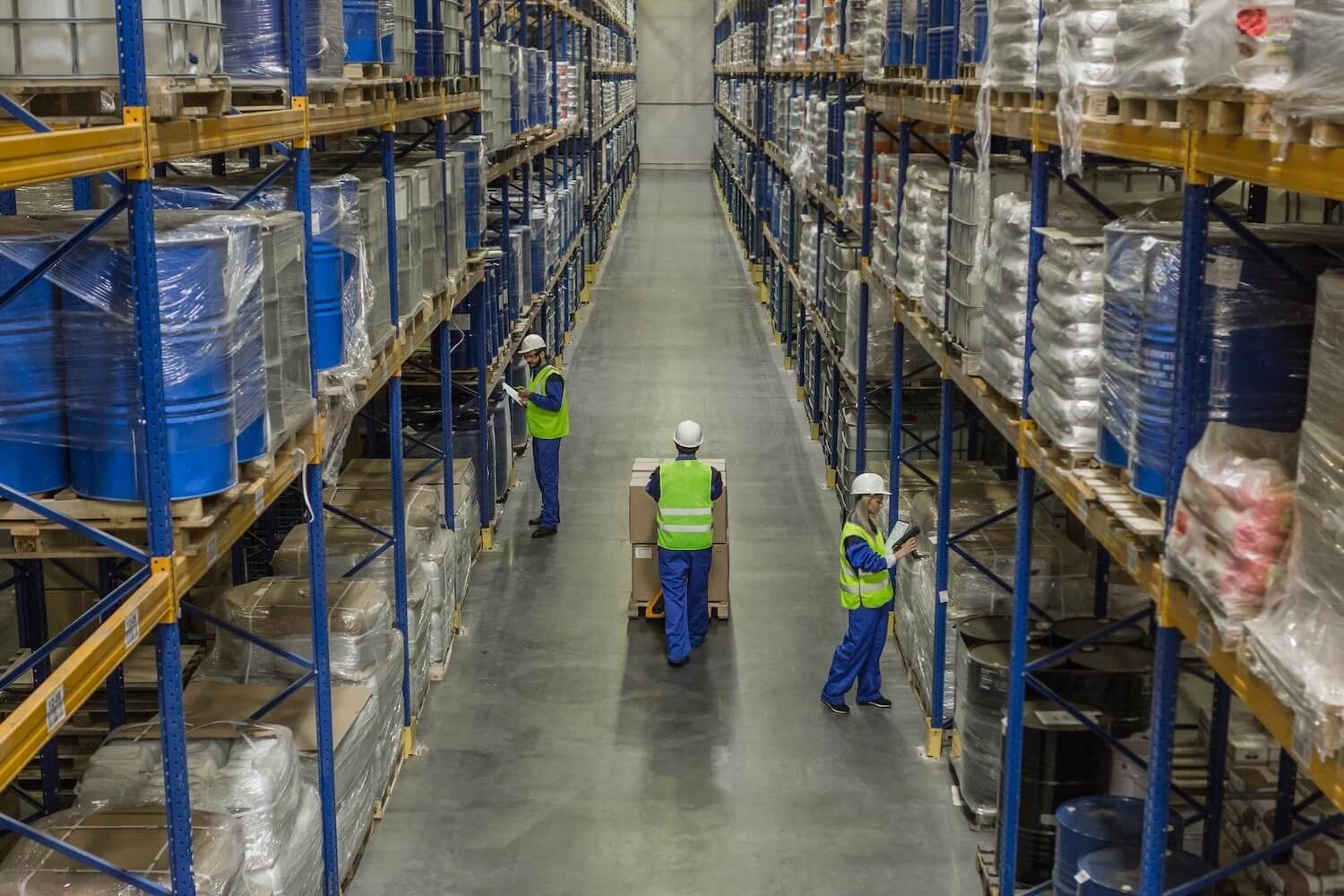

 by
by